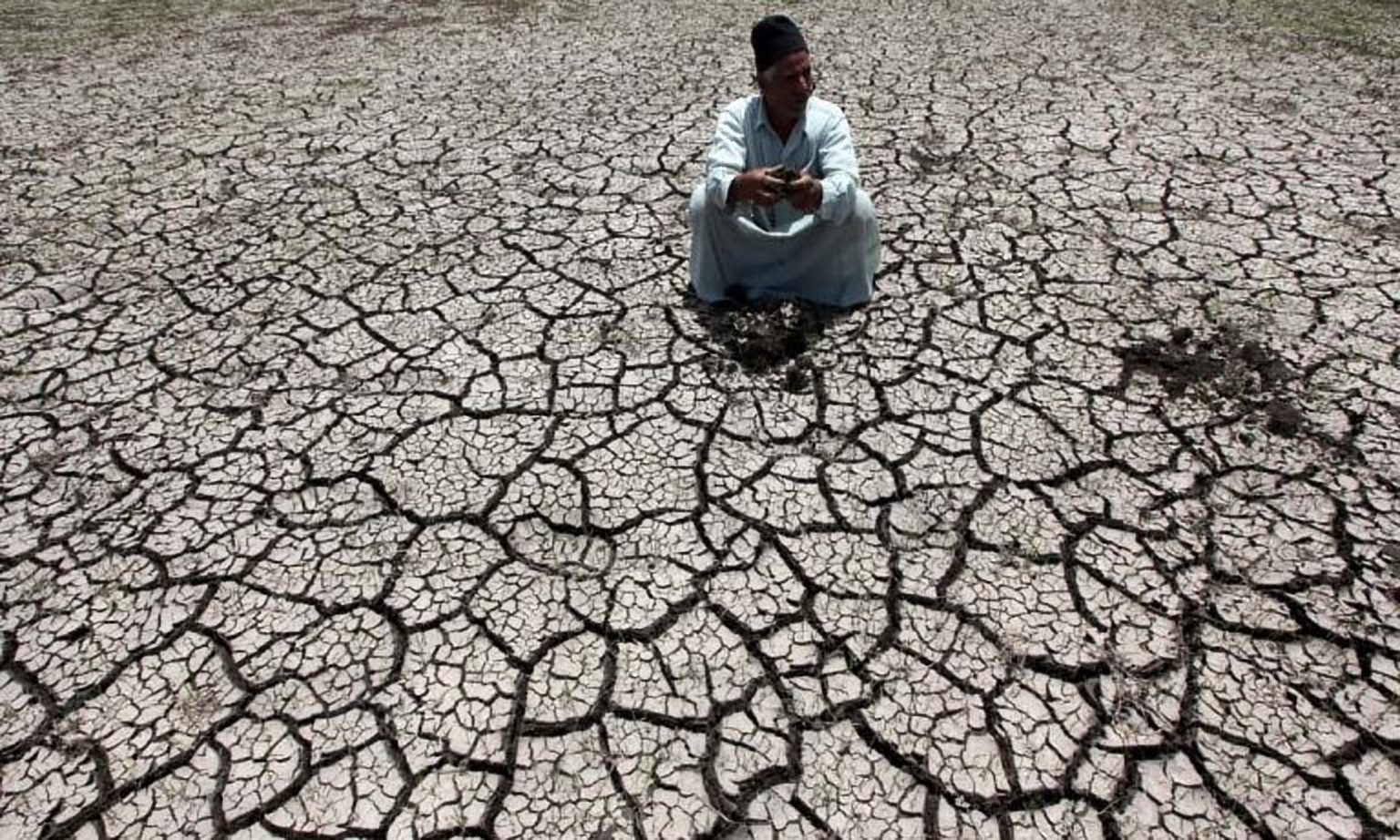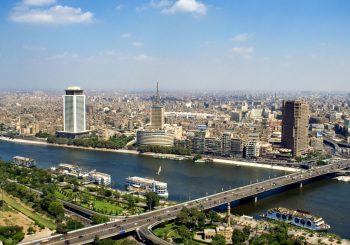UN Food and Agriculture Organisation (FAO) told a meeting of Arab states in Cairo on Thursday that Arab states are facing a water supply emergency they need to coordinate an urgent response to, with per capita resources expected to fall by 50 percent by 2050.
“The Middle East and North Africa have suffered more than any other region from water scarcity and desertification, problems being complicated by climate change” FAO director-general Jose Graziano da Silva said.
Modernizing irrigation techniques and coordinating water management strategies are necessary in combating the crisis, the director-general added.
Egypt was also criticized for its failure in tackling the water crisis effectively.
“It’s unbelievable that this region does not have good governance on water management and land management,” Graziano da Silva told Reuters.
“In Egypt, they have 32 ministers. Most probably of those 32 ministers, 30 ministers deal with water — water is a problem for them. And they don’t have ways to coordinate very efficiently.”
Graziano da Silva added that he visited agricultural areas in Egypt’s Nile Delta where farmers were still employing techniques used for centuries to irrigate their land.
“This is a waste of water. We need to move urgently to drip irrigation and other techniques that save water,” he noted.
The UN predicts that Egypt will be approaching a state of “absolute water crisis” by 2025 and that the nation is already below the United Nations’ water poverty threshold.
Minister of Irrigation and Water Resources Mohamed Abdel Atti announced early 2018 that Egypt is preparing a LE 900 billion national plan for water management over the next 20 years in participation with nine ministers to develop solutions for water scarcity.
However, there are still many challenges, such as climate change, rising sea levels, and misuse of water consumption that need to be tackled.







Comment (1)
[…] See also : https://egyptianstreets.com/2019/04/05/arab-states-water-resources-set-to-fall-by-50-by-2050-un/ […]